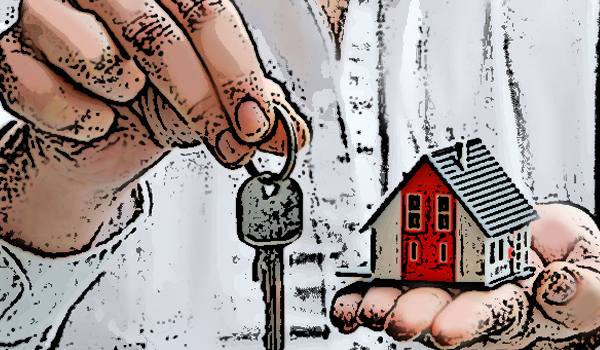 Ordinarily, property developers acquire or develop fixed property (including residential properties) for the purpose of resale. In South Africa, the sale of developed units is a taxable supply and is subject to Value Added Tax (VAT) at 14% (15% from 1 April 2018).
Ordinarily, property developers acquire or develop fixed property (including residential properties) for the purpose of resale. In South Africa, the sale of developed units is a taxable supply and is subject to Value Added Tax (VAT) at 14% (15% from 1 April 2018).
The property developer must account for the VAT to the South African Revenue Service (SARS) when each unit is sold. The property developer is entitled to claim an input tax deduction in respect of VAT on development costs (such as land, building costs and related expenses) as they are incurred and does not have to wait until the unit is sold to claim the input tax.
In contrast, the letting of a residential unit is an exempt supply for VAT purposes. Therefore, a developer of residential property where the intention is to let and not to sell, is not entitled to claim any of the VAT incurred on the related construction costs.
Therefore, a problem arose where a residential property developer (where the main intention was to sell and not to let) temporarily let a newly constructed unit to earn rental income, such as during adverse market conditions where the developer struggles to sell units.
The Value-Added Tax Act, 1991 (the VAT Act) provides that where there is a “change in use” (from a taxable to non-taxable or exempt purpose), the property developer is required to account and pay VAT on the full open market price of the unit as at the date on which the property is let. This position adversely affects the developer’s cash flow, as the VAT payable as a result of the change in use is likely to significantly exceed the temporary rental income.
Section 18B was introduced into the VAT Act with effect from 10 January 2012. The trigger for section 18B was the actual date that the property was first rented out to tenants. Section 18B provided relief to property developers by allowing the temporary letting of residential units that were intended to be sold, for a period of 36 months, without invoking the VAT liability under the change in use provisions.
The relief that section 18B gave developers of residential property was not retrospective. SARS dealt with each issue separately (on a developer by developer basis) to recognise the issues of economic hardship that the section addressed.
The relief provided under section 18B has ceased to apply from 1 January 2018.
The immediate implications for the developer as from 1 January 2018:
- The 36-month relief period previously provided under section 18B of the VAT Act no longer exists.
- Residential property developers are required to account and pay VAT at 14% on the open market value of all unsold residential properties temporarily let out as dwellings as at 1 January 2018.
- The output tax adjustments must be declared in the property developers’ January 2018 or February 2018 tax period (depending on the developers’ VAT return filing sequence).
- The related payment is due 28 February or 30 March 2018, as applicable.
- The property developer can approach SARS under section 167 of the Tax Administration Act to pay the VAT due in instalments over an agreed period, which usually range between four to six months.
For further enquiries relating to the section 18B relief provision which ceases to apply, you can contact Adri Britz at abritz@fhbc.co.za.
Source Reference
• VAT404 Guide for Vendors
• VAT409 Guide for fixed property and construction
• Notes on South African Income Tax
• http://www.thesait.org.za/news/news.asp?id=378374
• https://www.ensafrica.com/news/Potential-VAT-cash-flow-problem-for-residential-property-developers?Id=2938&STitle=tax%20ENSight?utm_source=Mondaq&utm_medium=syndication&utm_campaign=View-Original

